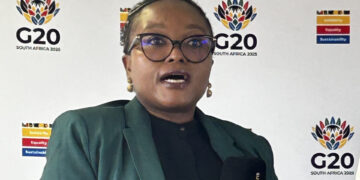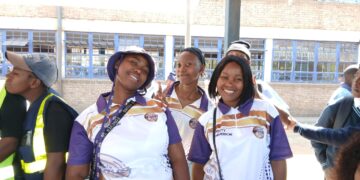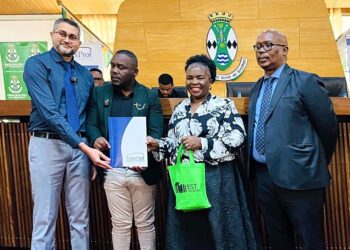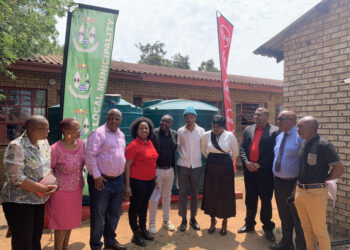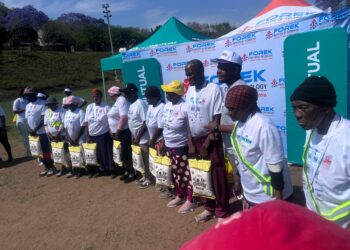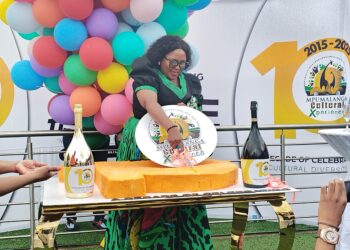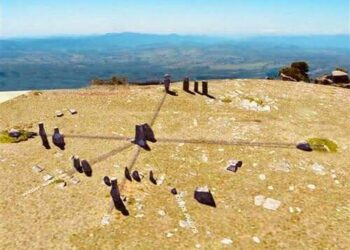DELMAS – South African State Theatre will from May replace the fourth wall with a computer screen.
This streaming offering of all theatre productions will last until December. This is a temporary service. Delmas locals with appetites for theatre will be satisfied during different COVID-19 lockdown levels.
The streaming service is one of various plans and social economic relief measures the South African State Theatre is rolling out during these trying times. Communities in and around Delmas will have access to the streaming of unforgettable past productions that were recorded live at State Theatre. Once the lockdown restrictions allow, State Theatre will also look to add new productions to the schedule.
Aubrey Sekhabi of State Theatre said that, since 2014, they had been experimenting with bringing theatre online and on television. This led to his presentation at the African Union in Addis Ababa, Ethiopia, where he intended to invite artists in the continent to be part of this initiative. The lockdown has been an opportunity to experiment with streaming production content online. This initiative is a welcome relief for artists to earn income during lockdown phases.
Sekhabi also said that they, “will be launching Africa Month celebrations on 24 May 2020 with the streaming of never seen before performance by the multi Grammy-awards winning Acapella group, Ladysmith Black Mambazo alongside the Guinness Record holder, Percy Maimela, Mamelodi born Ncamisa Nqana and rounded off with Luthando Arts Academy’s soul stirring Amawethu.
One of the productions to feature on the streaming service during Africa Month is the dance piece known as “Amawethu,” which was conceived, choreographed, and directed by award-winning dancer and choreographer, Luyanda Sidiya, the 2015 Standard Bank Young Artist for Dance, assisted by Phumlani Nyanga. The production was recorded live at SAST in July last year after it returned from being featured in the main programme of the 2019th National Arts festival in Makhanda.
Amawethu tells a human story that seeks to reclaim who we are as a people from our cultures and customs and corrects the distortions that pre-date the African slave trade that led many to believe that African spirituality had a demonic, pagan, uncivilized, barbaric and godless origin.
Theatre has always been out of reach and also out of touch for Delmas locals. As South Africa and the rest of the world go digital, marginalised communities now have access to artistic cultural expression. The arts and culture as entertainment is far removed from the everyday lives of Delmas locals. Theatre starts and ends at lower levels of academia, only to surfaces in brief at communal gatherings and other traditional events, the rest of it is their lived experiences.


